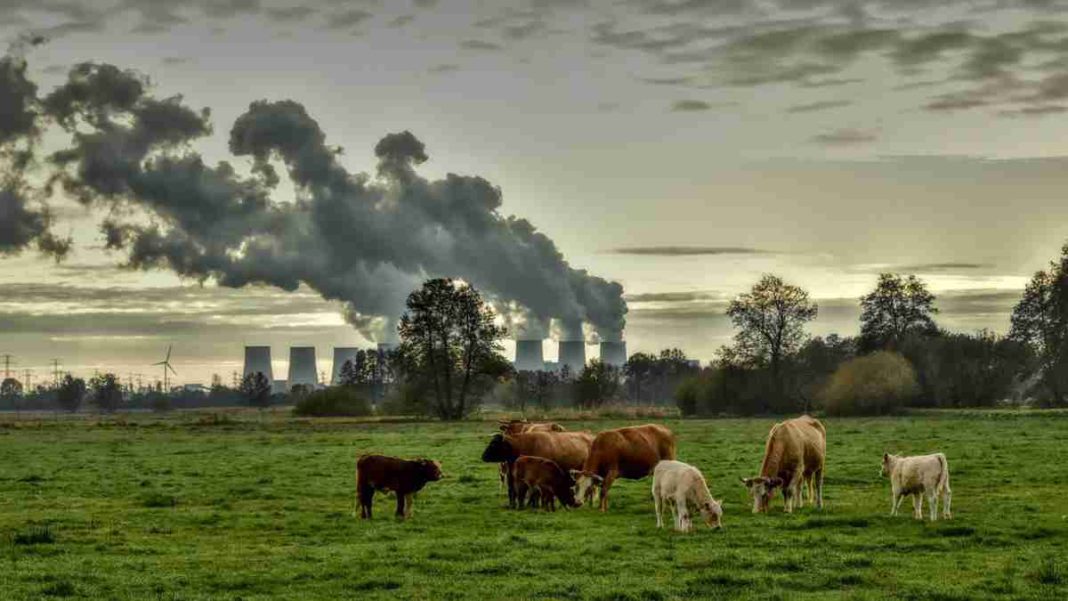UNITED KINGDOM: According to a recent study by the UK’s public institution “University College London” (UCL), climate change is likely to quickly push species over tipping points as their geographic ranges reach unanticipated temperatures.
The latest Nature Ecology & Evolution study makes predictions about the times and locations where climate change would most likely expose various species to potentially hazardous temperatures.
The research team from UCL, the University of Cape Town, the University of Connecticut, and the University at Buffalo in New York examined data from more than 35,000 animal species, including mammals, amphibians, reptiles, birds, corals, fish, whales, and plankton, from every continent and ocean basin, as well as climate projections up to 2100.
The researchers researched when regions within each species’ geographical range will cross a threshold of thermal exposure, described as the first five consecutive years in which temperatures consistently surpass the most severe monthly temperature faced by a species across its geographic range over recent history (1850–2014).
There is no evidence that the animal can survive the higher temperatures once the thermal exposure threshold is crossed, which means that the study predicts that many species may experience an abrupt loss of habitat as a result of future climate change.
The temperature exposure threshold will likely be exceeded for a large portion of the geographic range of many animals within the same decade, according to the research team’s findings.
According to the study’s lead author, Dr Alex Pigot of the UCL Centre for Biodiversity and Environment Research and UCL Biosciences, it seems doubtful that climate change will gradually render ecosystems less suitable for animal survival. Instead, a sizable portion of their range is likely to quickly become used to being hot for many species.
While some creatures may be able to endure these higher temperatures, many others will need to relocate to cooler areas or undergo adaptation evolution, which they probably cannot do in such short periods of time.
“Our findings suggest that once we start to notice that a species is suffering under unfamiliar conditions, there may be very little time before most of its range becomes inhospitable, so it’s important that we identify in advance which species may be at risk in coming decades,” Pigot said.
The researchers discovered that the amount of global warming makes a significant difference: at 1.5°C of warming, 15% of the species they studied will be at risk of experiencing unusually hot temperatures across at least 30% of their current geographic range in a single decade, but this number doubles to 30% of species at 2.5°C of warming.
“Our study is yet another example of why we urgently need to reduce carbon emissions to mitigate the harmful effects climate change is having on animals and plants and avoid a massive extinction crisis,” Dr Pigot further added.
The researchers think the data from the study, which serves as an early warning system that identifies when and where specific creatures are likely to be in danger, will aid in focusing conservation efforts.
Also Read: German Police Demand Repression of the Increasing Climate Protests



